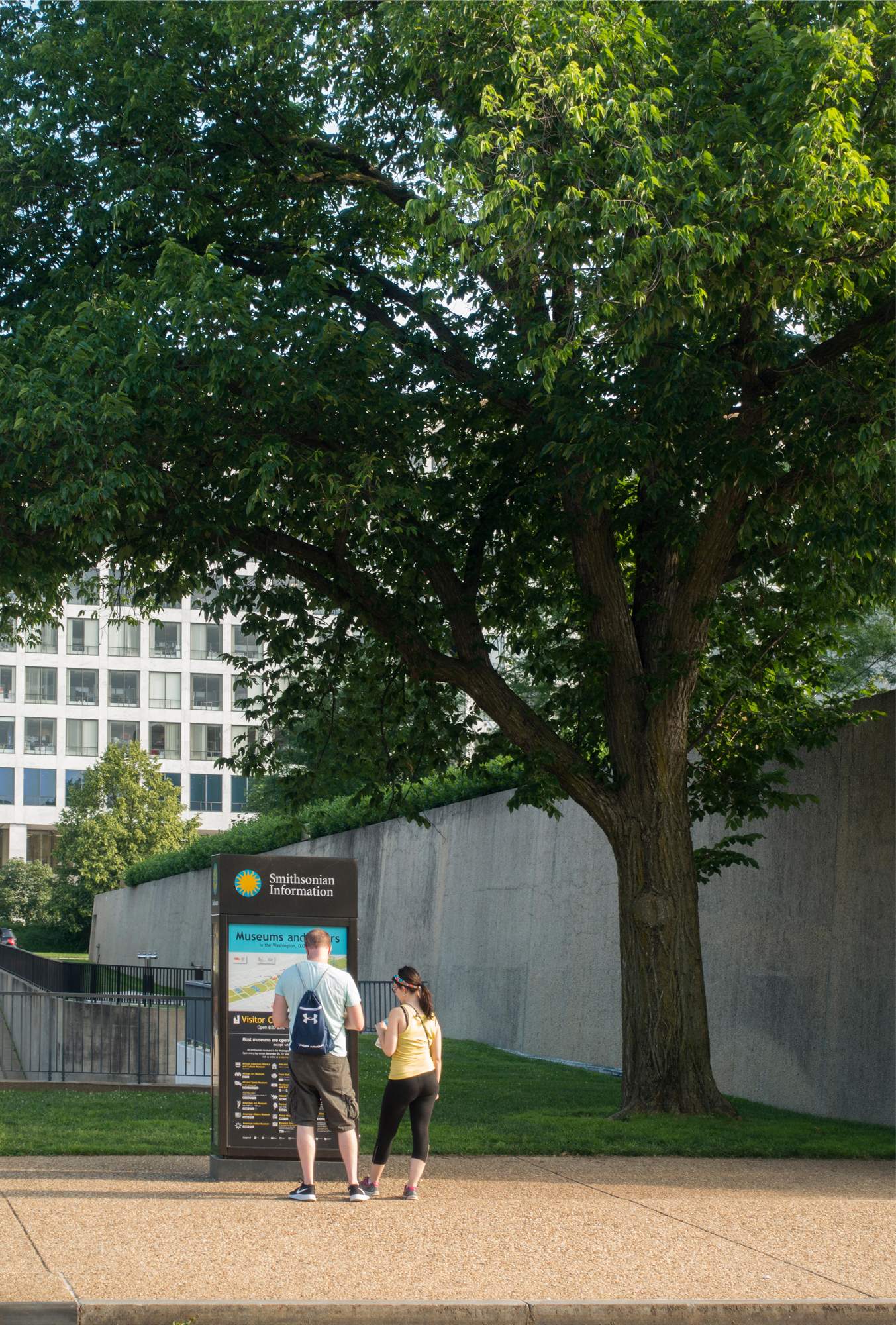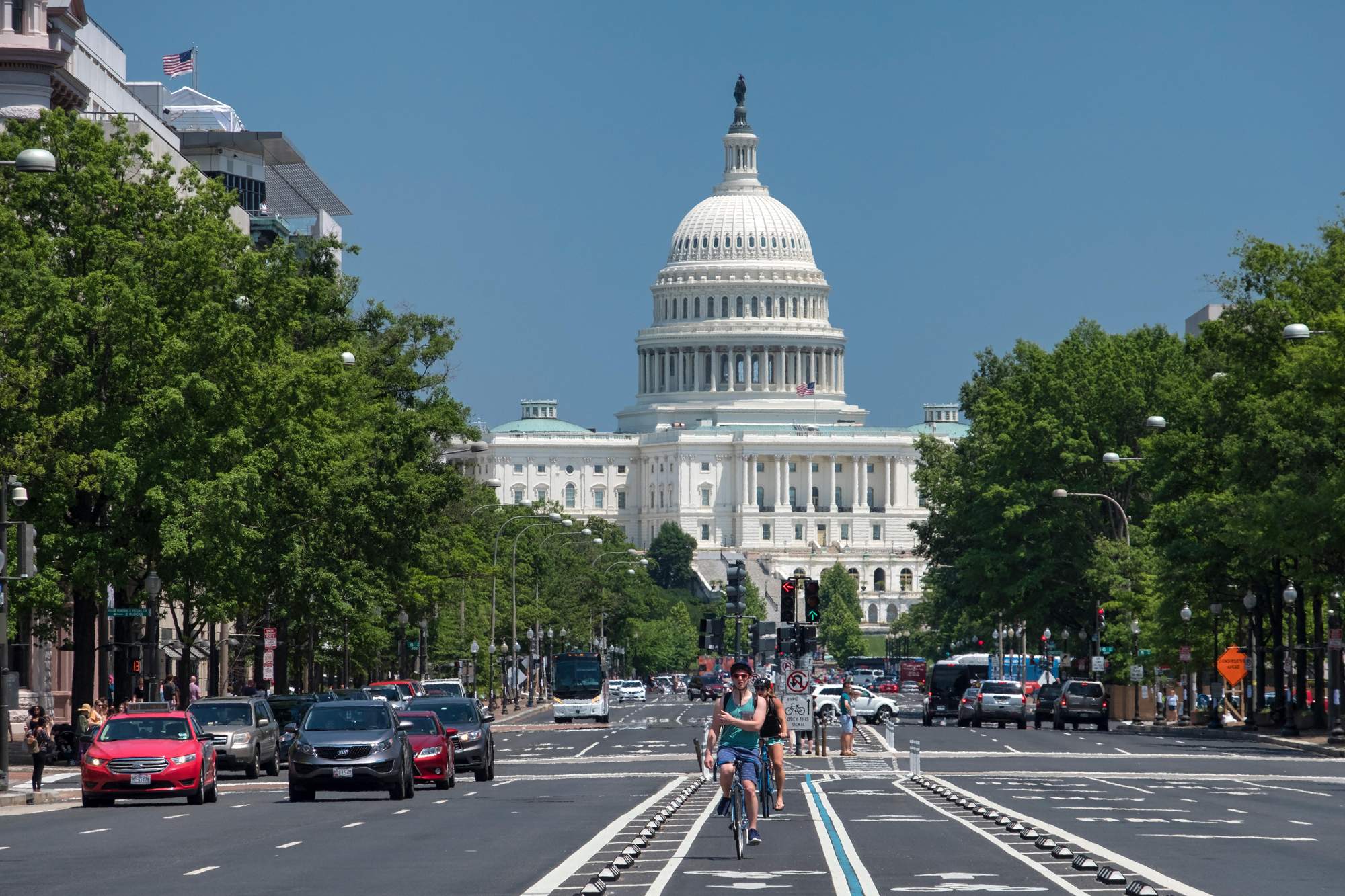Briefing / Global
Cities
Briefing
Cambodia builds a school for mayors and we ask Arnhem’s alderman how to prepare for climate change.
Fork in the road
washington — planning
With the northern hemisphere heading into winter and concerns over a second wave of coronavirus infections prompting a hollowing out of many urban centres, city halls are currently facing some tough economic decisions. But it’s also a moment for reflection. Anthony Williams, who spent two terms from 1999 to 2007 as the mayor of Washington was widely credited for remaking the US capital as a leading city – alongside London, Paris and New York – for foreign property investments and righting budgets in the process. He tells monocle that cities are now facing “two scenarios”. The first involves a vaccine, quickly rolled out, and a return to normality in early 2021. The second is less desirable. “This is our permanent state, in which case there is going to be a rethinking of how people want to lead their lives in cities,” says Williams.
“It’s really important now for leaders in cities to take a snapshot of where they are”
While this second scenario is likely to alarm most mayors, particularly in the short term, it also presents an opportunity. “It’s really important now for leaders in cities to take a snapshot of where they are, in order to really establish where their strengths are economically – and where their weaknesses are.” Williams points to housing and retail space as two particular areas that leaders should be looking at. But no part of urban living, from public transport to road usage and green spaces, should avoid scrutiny. Should certain roads be permanently pedestrianised? Is there a pocket of the city crying out for a park? While the landscape might be uncertain in the short term, if people in city hall start thinking down the road, the first steps to solving previously intractable problems could be taken.


Because if there is one thing that Williams is certain of, it’s that the appeal of city living isn’t going anywhere. “Cities have survived plagues, floods, pestilence,” he says. “And they’re still standing. So the electrical force of people moving to cities is always going to be there.”
For more from Anthony Williams, tune in to Monocle 24’s ‘The Urbanist’ on 29 October.
Q&A
cathelijne bouwkamp
City alderman
Arnhem
The Dutch city of Arnhem has put forward a 10-year plan to re-landscape its urban environment in order to protect the city against climate change. Alderman Cathelijne Bouwkamp explains the proposal.
What prompted Arnhem to implement the plan and what does it involve?
In 2014 and 2016 many streets and houses were flooded and damaged. In the past couple of years, Arnhem was also confronted with very high temperatures – in 2019 it had the hottest temperatures in the Netherlands. We need a way to cope with a changing climate. We made a plan that consists of changing 10 per cent of the city’s asphalt to grass planting more trees to create shade in places where a lot of people walk and building new homes to stay cool in the summer.
Are you hoping to get residents involved?
Many citizens are already involved. There is an organisation called Arnhem Klimaatbestendig (“climate proof”) from which citizens can find out how to adapt to climate change. For example, there is a lot of unnecessary paving in urban areas – people can find out how to replace concrete tiles with plants in their gardens, which helps with draining, or where to find water-permeable paving.
How important is it for cities in the Netherlands to start incorporating climate- adaptation strategies into their planning?
All cities should have a strategy in place. Big cities where a lot of people live and work should be taking measures. To succeed, city halls should work in conjunction with partners like housing corporations, and citizens too.

Lesson planning
cambodia — education
Cambodia will soon be home to a dedicated school for mayors, provincial governors and city officials. The Asian Development Bank has approved a $9.4m (€7.9m) loan to help the country build its National School of Local Administration, which will offer courses and research programmes on governance and democratic development.
Due for completion in 2023, the campus is based in a former police complex on the outskirts of Phnom Penh. It’s set to become an essential tool in helping the country’s 11,000 local-government workers deliver education, health, transport and water infrastructure.
Images: Alamy. Illustrator: Angus Greig


